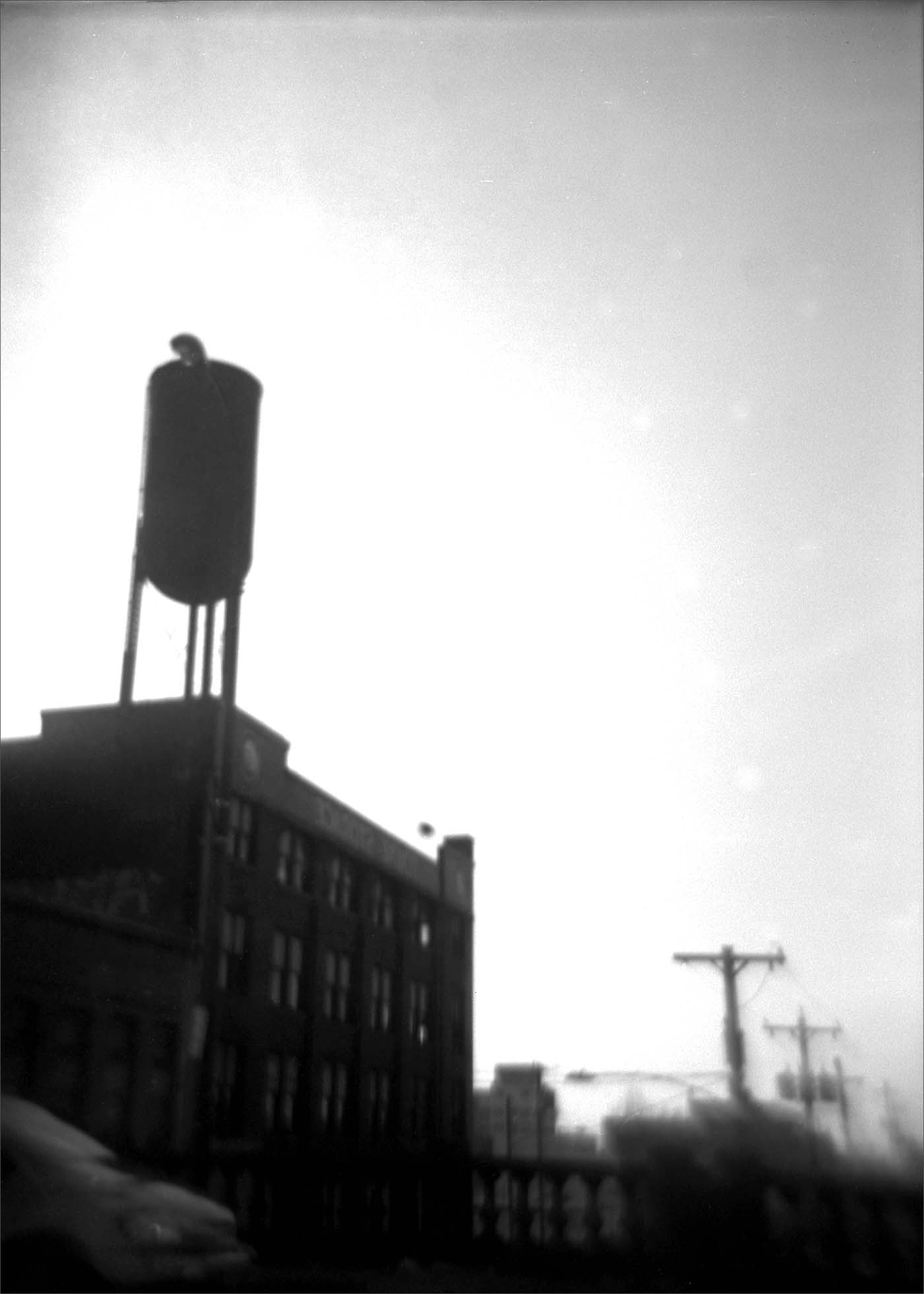In the spring of 1932, when I was twelve years old — the last year of my childhood, as I understood it — my grandfather left the farm and came to live with us. His wife, my mother’s mother, had just died, and he could no longer get loans to keep the farm going. My father had already given up farming a few years earlier, and we were living in the village outside the Bell cotton mill.
Working in the mill proved hard on my grandfather, who had spent his entire life in the fields. He came home coughing from his first day of breathing lint, and he would cough through the night. He and my older brother Quinn and I slept in the living room of our house on Harvey Lane, though I was the only one who actually got any sleep. Quinn was courting a girl in town and stayed out until all hours, and my grandfather never really went to sleep anymore. He went to rest, he said, and that only if he was lucky. Cut from an ancient mold, conceived on a Confederate battlefield, he could handle sleeping on a rough mattress in a crowded room, but he was seventy years old. There came a time for any man, and his time was here.





